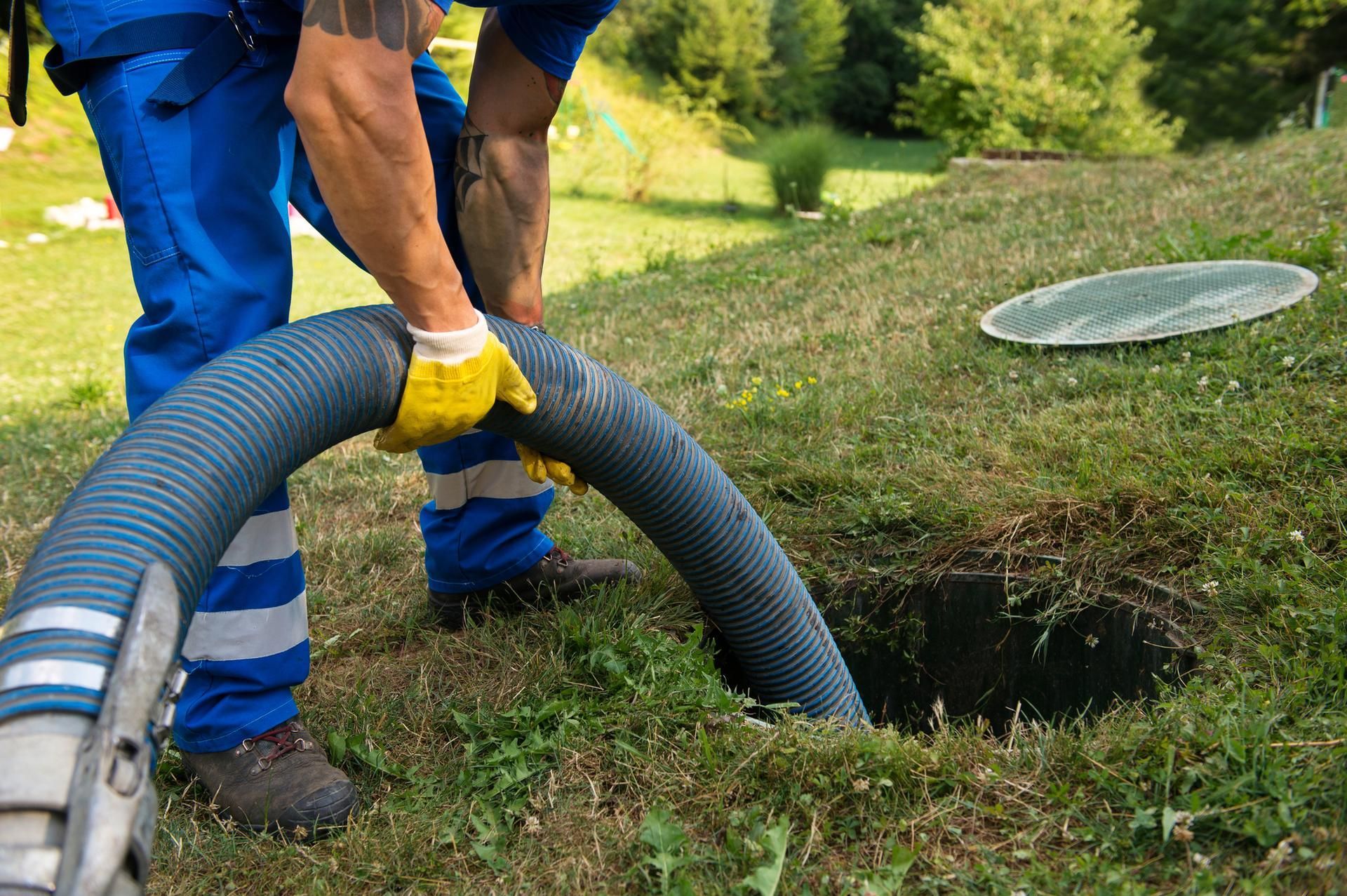How To Choose The Right Septic System Size

When it comes to your home, making sure you have the right septic system size is crucial. A system that's too small can lead to backups and other issues, while one that's too large can be a waste of money. In this guide, we'll walk you through the key factors to consider to ensure you select the right size for your property.
Understanding Septic System Basics
The main job of a septic system is to treat and dispose of household wastewater. However, not all systems are the same size. How do you know what size is right for you? Let's start with the basics.
Septic systems are sized based on the number of bedrooms in a house. This is because bedrooms give a good idea of how many people might live in the home and how much water they might use. When choosing a septic tank, consider these factors:
- Number of Residents: Generally, the more people in your home, the bigger the system you'll need.
- Water-Using Appliances: Think about appliances like dishwashers, washing machines, and showers. If your household uses these often, you'll need a system that can handle it.
- Guests and Extra Usage: Do you often have guests? If your home frequently hosts visitors, this can affect your average water usage.
Remember, accurately gauging your household's water usage is paramount to ensure your septic system functions optimally and remains hassle-free for years to come.
Factoring in Growth and Future Needs
It's not just about the here and now. When considering the size of your septic system, it's wise to think about the future too. As time goes on, needs change, and planning ahead can save you from potential issues down the road.
- Home Expansions: Do you have plans to add more rooms or maybe a separate living unit in the future? This will likely increase water usage, necessitating a larger system.
- Lifestyle Changes: As children grow or if you plan to work from home, your water usage patterns might change. This can influence the size of the system you'll require.
- Resale Value: If you plan to sell your home in the future, having a septic system that can accommodate a larger family might be an appealing point for potential buyers.
By planning for the future, you can avoid the cost and hassle of retrofitting or upgrading your septic system later. You should think about the long-term effects when making decisions about your property.
Considering Your Property Size and Soil Type
The size of your property and the type of soil you have can affect the size of the septic system you'll need.
- Land Area: You need enough space for the septic tank and the drain field. A bigger property might allow for a larger system.
- Soil Type: Some soils absorb water better than others. For example, sandy soil can handle more water than clay soil. A soil test can help you understand what kind of soil you have and how big your drain field should be.
Understanding your property and soil can help make sure your septic system works well for years to come.
Seeking Professional Advice
While you can make some estimates on your own, it's a good idea to get advice from a professional. Septic system experts can evaluate your property, test your soil, and give advice tailored just for you.
- Local Rules: Sometimes, local laws or rules might affect the size of the septic system you can install. A professional will know all about this.
- Custom Solutions: Every home and property is unique. A septic system expert can help you find a solution that's perfect for your needs.
Having a chat with an expert can give you peace of mind, knowing you've made the right choice. If you're ready to take the next step or have more questions, reach out to Southern Sanitary Systems Inc. We're here to help guide you through the process.







